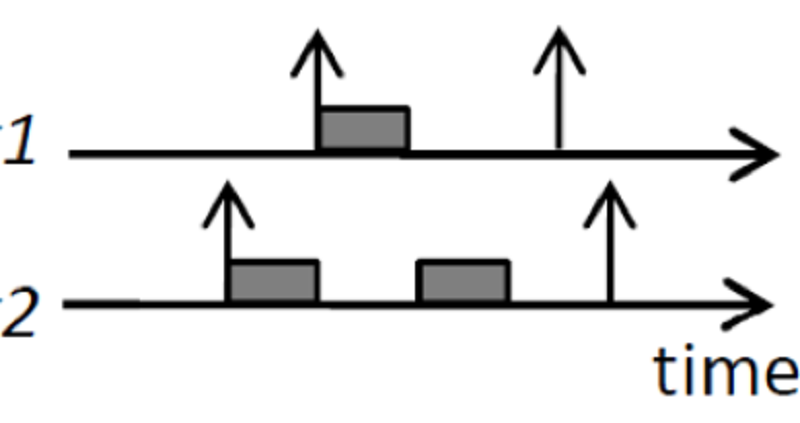RTP
{"name":"RTP", "url":"https://www.quiz-maker.com/QPREVIEW","txt":"Test your knowledge on Real-Time Processing (RTP) in embedded systems! This quiz covers various aspects of concurrency, task scheduling, and real-time operating systems that are essential for understanding how embedded systems function.Each question is designed to challenge your understanding and reinforce key concepts. Get ready to dive into topics such as:Advantages of concurrencyAtomic operationsReal-time scheduling algorithmsDeadlock conditions","img":"https:/images/course7.png"}
More Quizzes
Java Constructor - take the quiz
9421
Bsys
653224
Az.Iqtisadiyyati (Mock exam 3)
402026
Match
1160
Questions About Federalism - Test Your Knowledge
201029547
What Type of Pokemon Trainer Are You? Take the
201030946
IT Security: Test Your Cybersecurity Knowledge Now
201030582
Free Unit 3 Test: Parallel & Perpendicular Lines
201027997
Creative Thesis Project
15824971
Take the Ultimate Common Sense Test - See If You Pass!
201034285
Thundermans: Test Your Nickelodeon Knowledge!
201067404
Test Your Knowledge: Island of the Blue Dolphins
201024971

